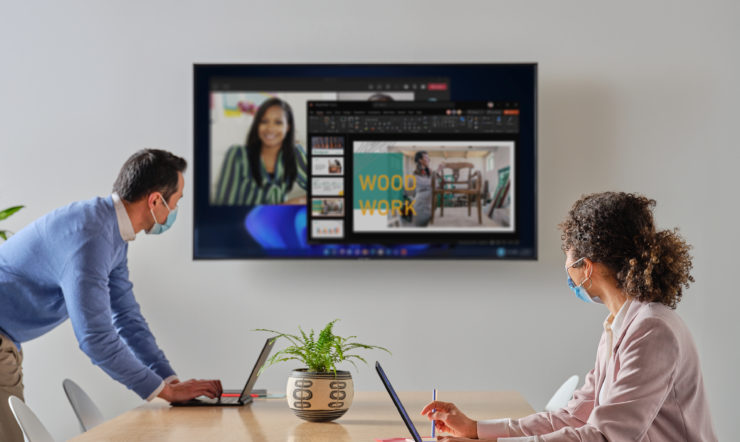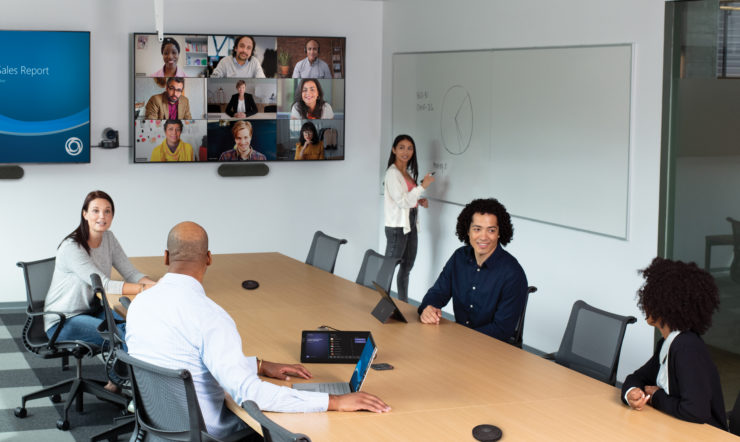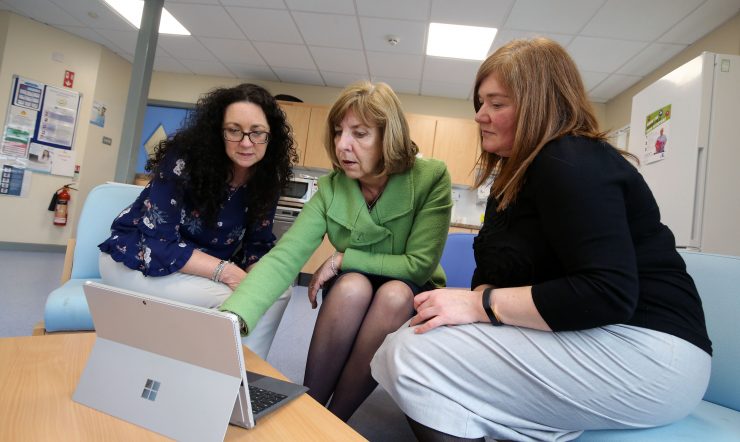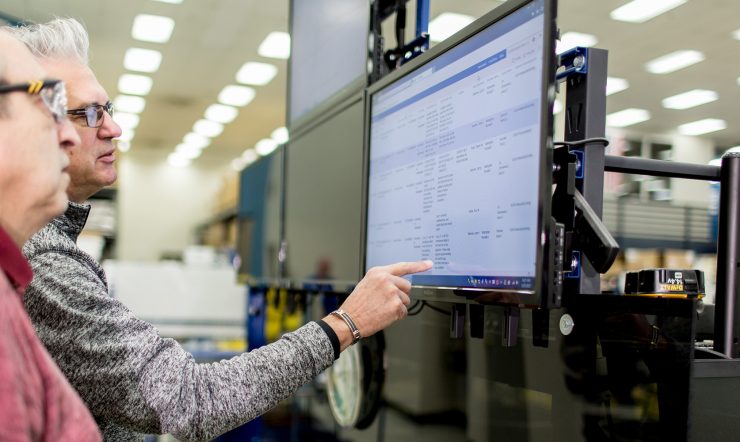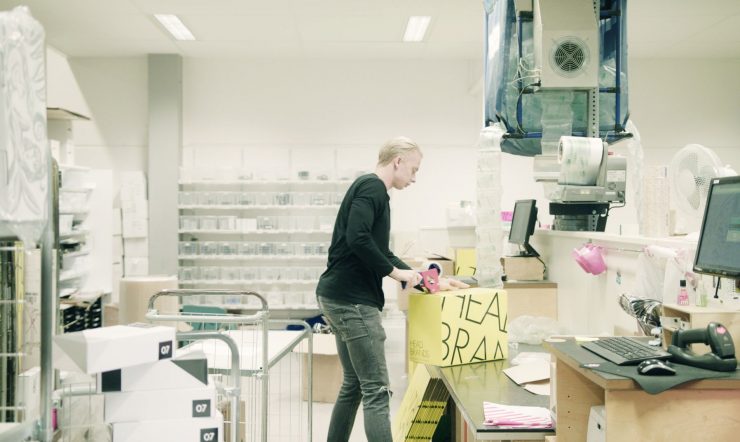Improved Quality of Life for Cystic Fibrosis Patients through use of Microsoft Teams for Consultations at University Hospital Limerick
Pilot programme reduces infection risk and improves therapy outcomes for patients and clinicians
Part of the Health Service Executive (HSE) in Ireland, University Hospital Limerick (UHL) has been piloting online consultations using Microsoft Teams for patients with Cystic Fibrosis (CF), an inherited chronic disease that primarily affects the lungs and digestive system.
According to Cystic Fibrosis Ireland (CFI), Ireland has the highest incidence of CF per head of population in the world, with three times the rate of the United States and the rest of the European Union. Ireland also has some of the most severe strains of CF, with 25 new cases of the disease reported each year on average.
Cystic Fibrosis patients require regular exercise to help keep their lungs clear
Physical activity and exercise are essential to managing CF. Over the last few months, the CF physio department in UHL has been using Microsoft Teams to deliver one-on-one video exercise classes for a select group of patients.
These exercise classes help keep CF patients’ lungs clear of a layer of mucus that builds up as a result of their illness, and over time, these classes can help slow down the decline in lung health.
One of the major problems faced by people living with CF is that they are highly susceptible to infections from bacteria that lives in the lungs – because of this, hospital appointments can pose an increased risk of infection.
Precautions need to be taken to ensure that patients with the disease do not meet in person, as this can pose a ‘cross infection’ risk and increase the chance of developing infections as a result of the different bacteria living in each individual’s lungs.
As a result, it can be difficult for medical clinicians to book appointments in person, and without these regular preventative care appointments a patient’s health can deteriorate.
Online consolations reduce the time and cost involved in travelling to appointments
Providing the option of an online consultation using Microsoft Teams has been met with positivity.
One of the recurring pieces of feedback Microsoft has received since starting this pilot programme is that ‘Teams consultations are much more convenient for both the patient and clinician, with both finding it easy to get set up and start communicating using the Microsoft Teams App.
While it is still important for patients to have in-person appointments at the hospital, the introduction of online consultations provides an alternative and has helped to significantly reduce the time and cost involved in patients travelling to and from appointments. It has also resulted in better quality consultations for patients, as travelling long distances can lead to fatigue.
To give an example, one patient that attends UHL physio appointments must travel 45 minutes to and from the hospital for their regular exercise sessions. The patient was arriving to appointments exhausted after using their energy on travel, which had a negative impact on how much they were getting out of the exercise sessions. In this case, the introduction of online consultations has helped overcome this issue and contributed to improving the patient’s overall quality of life.
Clinicians have reported that the introduction of new technology for consultations has empowered some of their teenage patients, as it has given them more independence and ownership over how they treat and control their condition.
These younger patients are now able to communicate with their physio and log into their appointments independently using their mobile phones, meaning they no longer depend on their family or friends to take them to and from appointments.
Increased flexibility and patient access for clinicians
On the clinician side, Microsoft Teams has provided more flexibility by providing the capability to book back to back appointments with patients.
This isn’t usually an option when working with CF patients, as after each appointment the clinic or meeting room has to be thoroughly cleaned and sterilised to reduce the risk of the patients picking up an infection. This process is both costly and time consuming.
More regular check-ups make it easier for the clinician to track progress and ensure patients are receiving the right level of care and advice.
Although this project is still in the pilot stage, it’s a great example of the value technology can bring to the healthcare sector in both Ireland and beyond, as we work towards the ultimate goal of helping medical clinicians deliver better outcomes for patients. It is a critical element in realising a more sustainable health system as it continues to be faced with increasing demand for services.
Frank O’Donnell
Public Sector Lead
